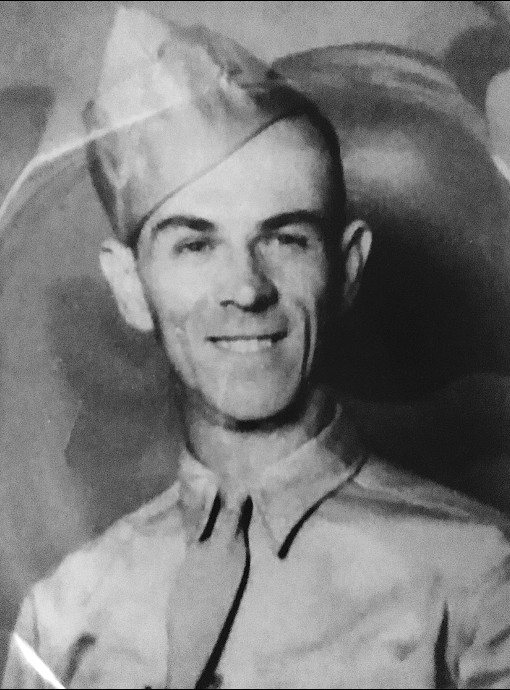The American 30th Infantry Division, better known as The Old Hickory, reaches the Netherlands on September 12 1944, and Maastricht is liberated two days later. In the days and weeks that follow, village after village is conquered. The 30th Division then sets its sights on the city of Aachen to the east. German troops are well-entrenched in and around Aachen, but are increasingly surrounded by the Allies.
After days of siege, Aachen is almost entirely surrounded. Only a small corridor on the north side, near the village of Würselen, remains open for the German soldiers. On Monday, October 16 1944, the 119th Regiment slowly fights its way to Kahlensberg and takes Würselen-Scherberg one metre at a time. There are heavy casualties on and around Ravelsberg. At around 18:15, the company from the 119th Infantry Regiment and units from the 1st Infantry Division meet at Ravelsberg, and the corridor is closed.
In his nine months of service, Sergeant William Aubut wrote 225 letters to home. Grandson Mark LaPointe received his grandfather's letters from his mother Donna, and wrote a touching song about them that is both thought-provoking and moving. The song is called Somewhere in Germany and can be listened to on YouTube.
The battle for the so-called "Bloody Ravelsberg" continued. The German Wehrmacht tried to retake Ravelsberg to reopen the corridor to Aachen. During these battles, bunker groups regularly changed hands. The two deployed German battalions of the 3rd Armoured Frontier Division were bled dry. The Americans took Würselen on 17 November 1944. One of the first Americans was Ernst Voß, a young captain from Würselen. In 1938, he fled on a ship from Hamburg to Colombia, from where he travelled to the United States in 1940. His parents wanted to stay in Würselen. They died because they were Jewish.
